Feature Friday: False Friends by Stephen Cain
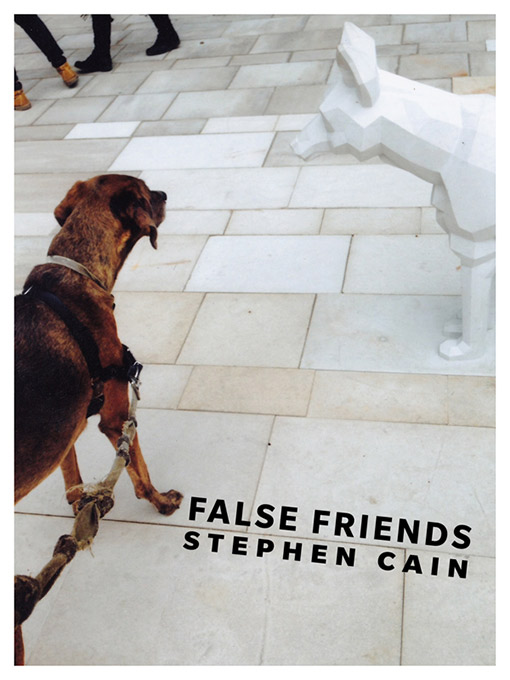
In this week’s edition of Feature Friday, we’re pleased to bring you an excerpt from False Friends, the first full-length poetry collection from Stephen Cain in more than ten years. In False Friends, Cain takes inspiration from the linguistic term “false friends”—two words from different languages that appear to be related, but have fundamentally different meanings. Here are poems both humourous and unforgiving that Cain uses to explore errors, misapprehensions and mistranslations, and offer insights into the “secret operations” hiding within everyday language.
“In False Friends, Cain revels in a play of sound and meaning, bouncing his narrative as a pinball across the field of language.” —rob mclennan’s blog
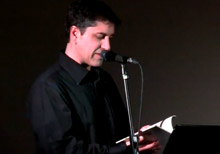
Stephen reads from False Friends at the BookThug Spring 2017 Launch Party.
From the section “Idiosyntactic”:
DOGMA
The dog delusion
The god whisperer
The dog particle
A running god of capitalism
Dog does not play dice
You can’t teach an old god new tricks
Are you there dog? It’s me, Margaret
The god who wouldn’t be
A dog given right
Let sleeping gods lie
Dogs behaving badly
Love is a god from hell
If dogs did not exist it would be necessary to invent them
Every god has its day
Conversations with dog
The curious incident of the god in the night-time
An act of dog
You look like someone just shot your god
Dog is not great
God bites man
You cannot serve dog and Mammon
Go God Go
From the section “Wordwards”:
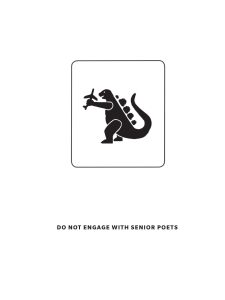
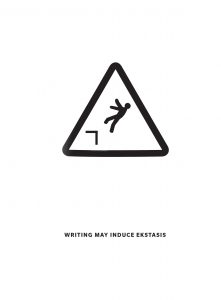
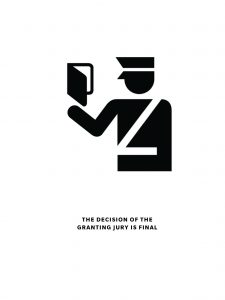

❧
Order your copy of False Friends here.

Credit: Sharon Harris
Stephen Cain is the author of a dozen chapbooks and five full-length collections of poetry, including dyslexicon (1998), American Standard/Canada Dry (2005), I Can Say Interpellation (BookThug, 2011), and Etc Phrases (BookThug, 2014). His academic publications include The Encyclopedia of Fictional and Fantastic Languages (co-written with Tim Conley; 2006) and a critical edition of bpNichol’s early long poems, bp: beginnings(BookThug, 2014). Cain lives in Toronto, where he teaches avant-garde and Canadian literature at York University.

